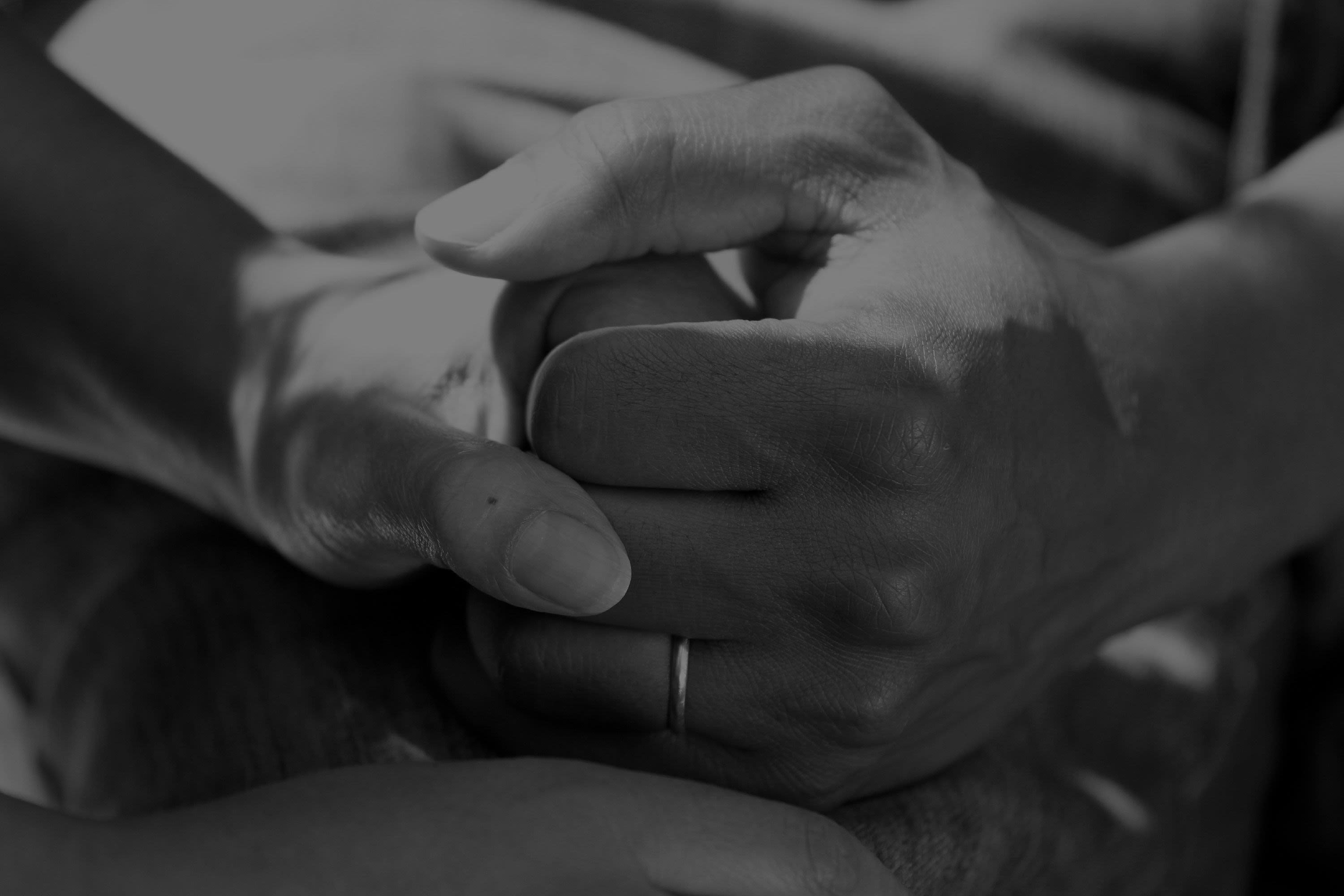Which rights and protections are most important for social care?
The Human Rights Act
The Human Rights Act 1998 (HRA) sets out the fundamental rights and freedoms everyone is entitled to. It incorporates most of the rights set out in the European Convention on Human Rights (ECHR) into domestic British law. This includes:
Article 2 (the right to life) such as taking appropriate measures to safeguard the life of those with care needs, like providing timely medication, safeguarding those at risk of suicide, avoiding dangerous restraint techniques or investigating deaths when something goes wrong.
Article 3 (freedom from inhuman and degrading treatment) such as preventing degrading treatment against those with care needs or investigating allegations of such treatment.
Article 5 (the right to liberty and security) such as protecting those with care needs’ freedoms, avoiding inappropriate detention or restricting someone’s movements unnecessarily.
Article 8 (the right to family and private life), such as protecting those with care needs’ ability to see and communicate with loved ones or providing support so they can live in their own home.
Article 14 (protection from discrimination) means that everyone, including those with care needs and carers, should be able to enjoy the rights above, without discrimination.
The Equality Act
The Equality Act 2010 provides the legal framework for discrimination law in Britain.
The non-discrimination provisions ban unlawful discrimination, harassment and victimisation. In practice, this means social care services being available and provided on an equal basis to everyone, whatever their protected characteristics. It also means considering whether a policy or practice, which applies to everyone, might place a certain group at particular disadvantage.
The reasonable adjustment provisions means taking anticipatory steps to help disabled people avoid substantial disadvantages due to their disability. For example, providing British Sign Language (BSL) interpreters to communicate with those with care needs, sharing information about social care services (or about decisions) in accessible formats or providing quiet places in care homes for those with sensory needs.
Under the public sector equality duty, when developing policies and practices, consideration should be given to preventing discrimination, promoting equality and encouraging good relations between people with different protected characteristics. For example, ensuring that services are reaching all sections of the population, or including robust anti-harassment policies (including against racist or homophobic abuse) in care home contracts, to protect everyone who uses social care services.
International human rights treaties
A number of international United Nations (UN) human rights treaties have been ‘ratified’ by the UK Government, which means they are expected to reflect these in domestic legislation, policy and guidance. The Welsh Government has responsibility for the implementation of these in devolved areas.
Key relevant treaty provisions include:
The Convention on the Rights of Persons with Disabilities (UNCRPD) sets out a number of principles (such as dignity, autonomy and participation) for social care frameworks, as well as the design and delivery of services. Article 12 (equal recognition before the law) means that disabled people should have the same legal rights as non-disabled people, in all aspects of life. Article 19 (the right to independent living) means protecting the rights of disabled people to live and participate in the community and giving them the same choices as non-disabled people.
The International Covenant on Economic, Social and Cultural Rights (ICESCR) includes Article 11 (right to an adequate standard of living) and Article 12 (right to physical and mental health). This means that the UK Government has committed to recognising and taking steps to realise the rights of those with care needs and their carers to have an adequate standard of living and to enjoy the highest attainable standard of physical and mental health.
The UK Government has not incorporated these treaties into domestic legislation, so they are not enforceable in UK courts, but they do represent legally binding obligations on the UK Government in international law, and can be used to interpret rights under the European Convention on Human Rights.
The Welsh Government requires Welsh Ministers to consciously consider the rights included in the Convention on the Rights of the Child (CRC) when making decisions, policies and laws. Relevant public bodies exercising functions (under the Social Services and Well-being (Wales) Act 2014) must also actively consider CRC and UNCRPD rights, as well as those included in the United Nations Principles for Older Persons. Individuals can directly challenge those public bodies via the courts where they have failed to consider these rights.











